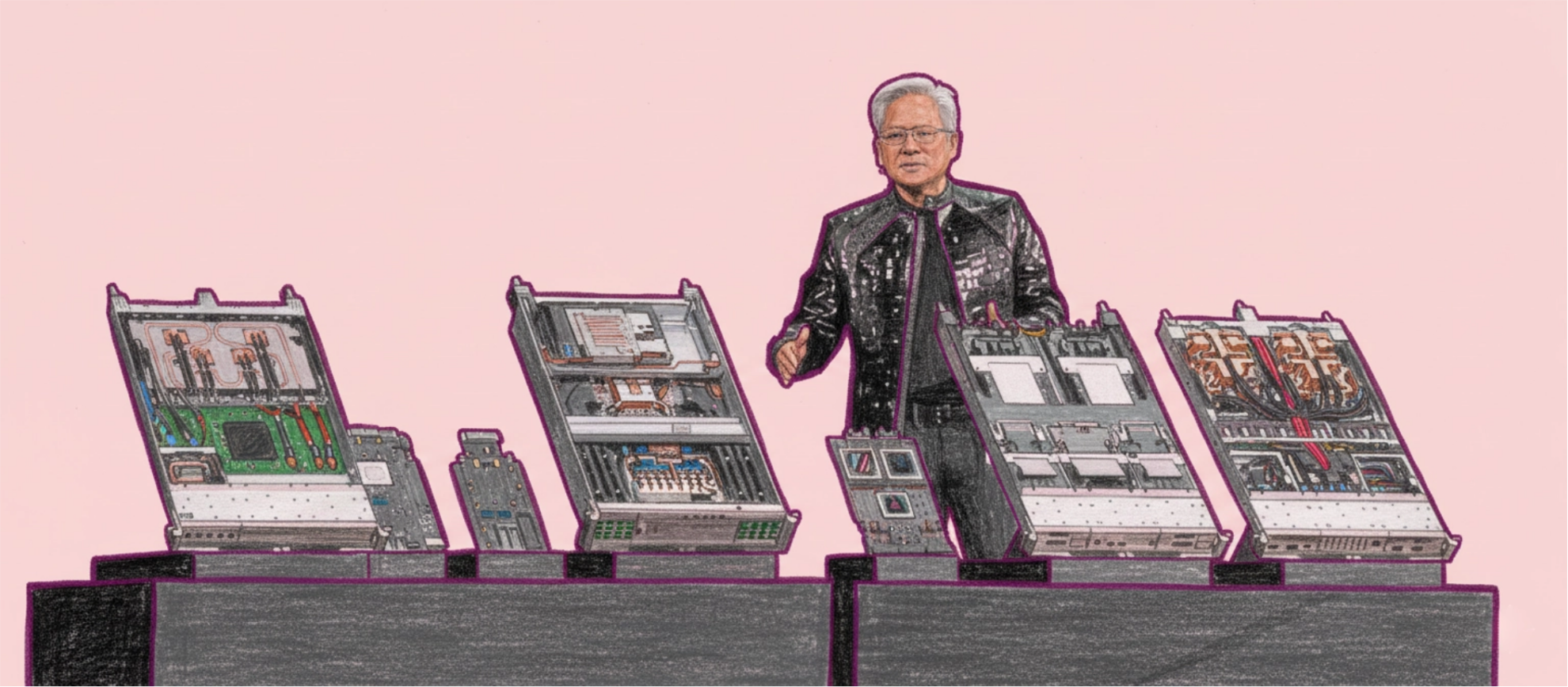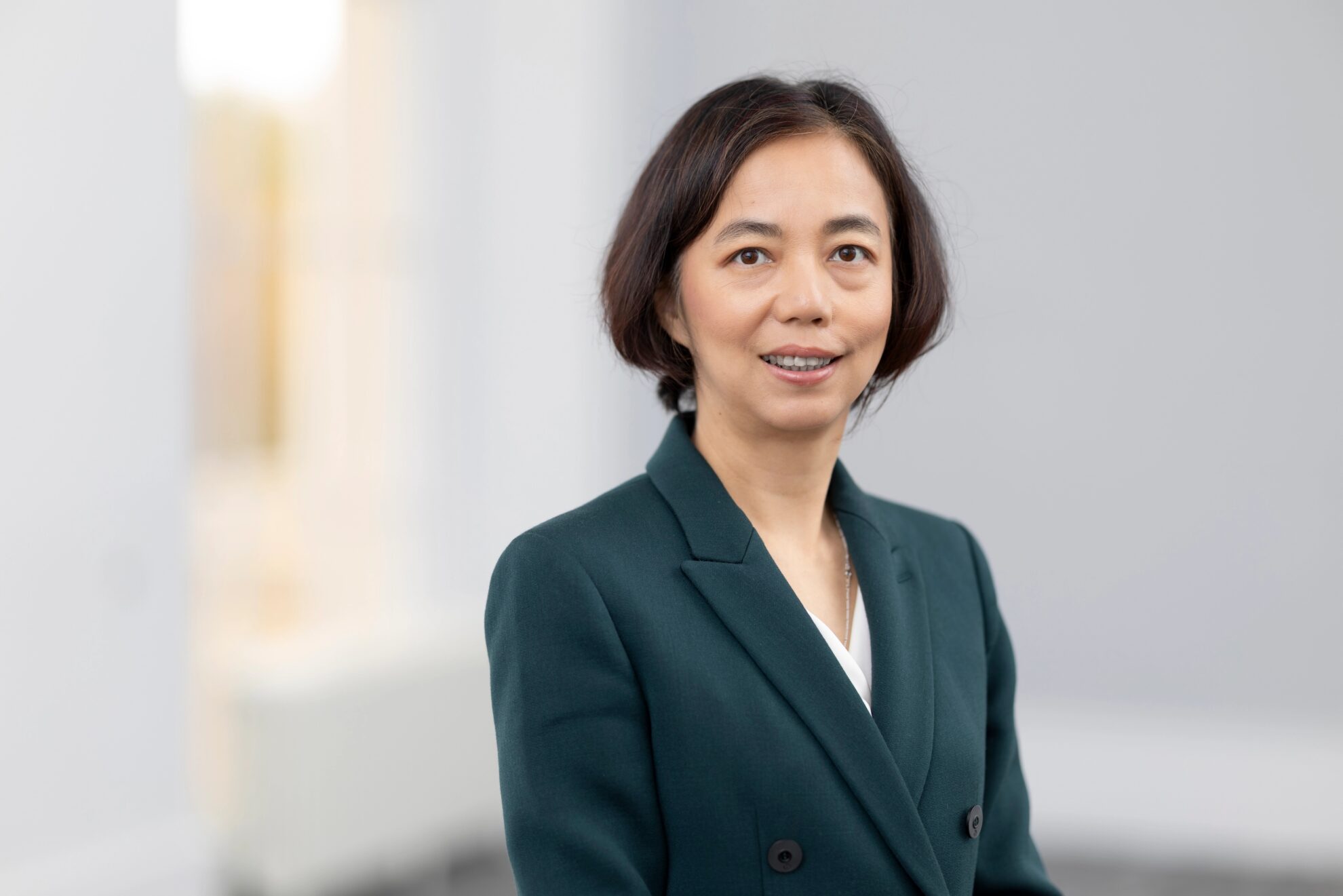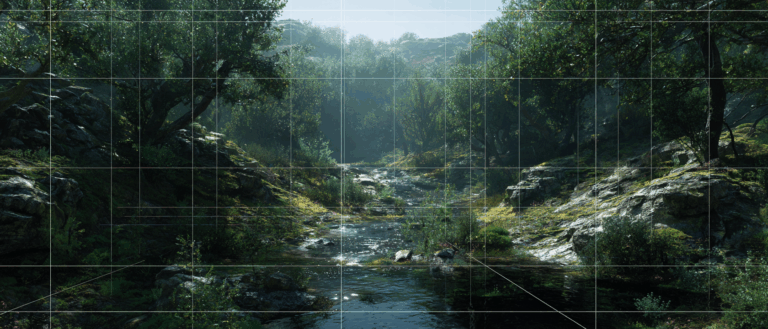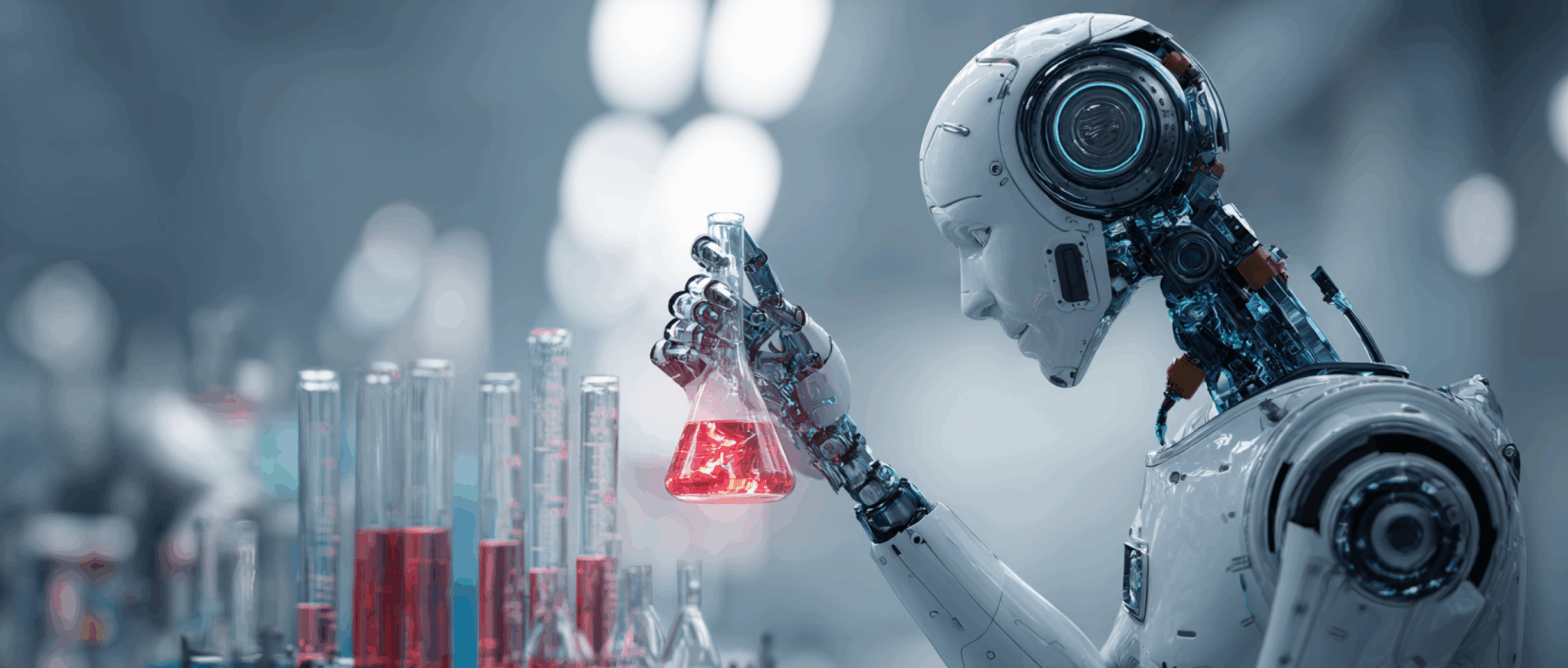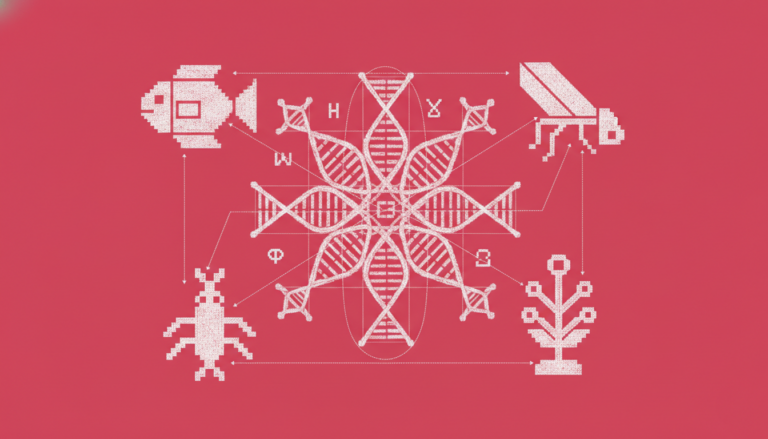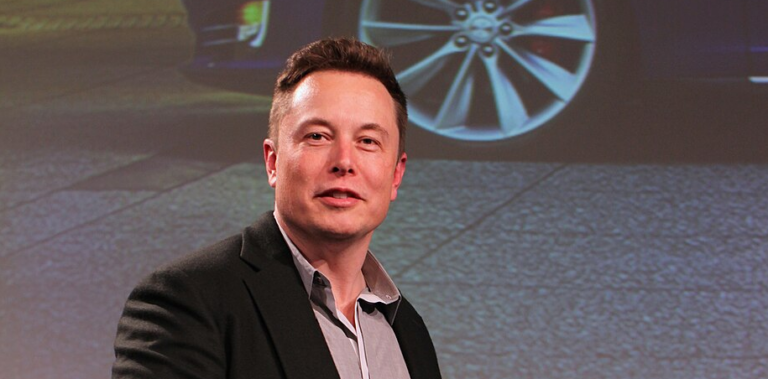Command Palette
Search for a command to run...
Forbes Selects 8 AI Women, Including Fei-Fei Li and Coursera Founder
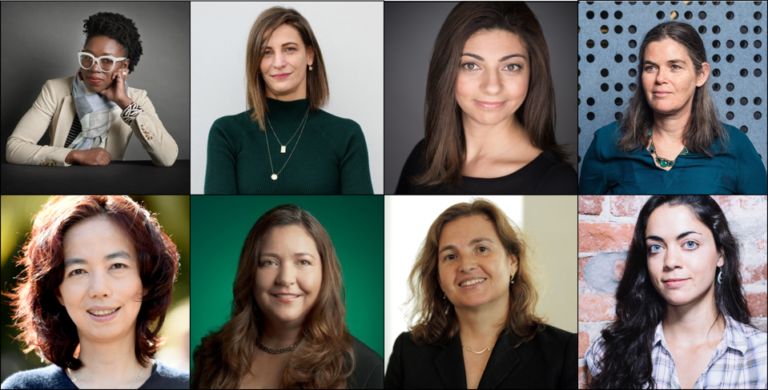
Although the proportion of female practitioners in the field of science and technology has always been lower than that of male practitioners, this does not affect their brilliance in scientific research, and this is also true in the field of AI. Recently, Forbes published an article that counted 8 women who have made outstanding achievements in the field of AI. Let us witness their wisdom and strength together.
It is an indisputable fact that there are far more men than women working in the field of artificial intelligence. According to a 2018 study by Wired and Element AI, only 12% of AI researchers worldwide are women.
However, the numerical disadvantage does not mean that women are inferior in the field of AI.There is no scientific evidence that women and men have different talents and abilities in computer-related fields.
Today, there are many outstanding women around the world who are at the forefront of AI and making irreplaceable contributions to the development of AI. They are also shaping the future of artificial intelligence and will become role models for the next generation of AI leaders.
Recently, Rob Toews, Forbes AI columnist and venture capital expert at Highland Capital Partners, wrote an article listing eight representative female leaders in the field of artificial intelligence today. The AI field has become very different because of their contributions.
Note: The AI female leaders introduced below are listed in no particular order.

Joy Buolamwini has been called “the conscience of the AI revolution.”
Her groundbreaking work on algorithmic bias while a graduate student at MIT brought the world’s attention to issues of racial and gender bias in facial recognition systems.
It was because of her research that Amazon, Microsoft and IBM all stopped producing facial recognition products in 2020, admitting that the technology was not yet suitable for public use.
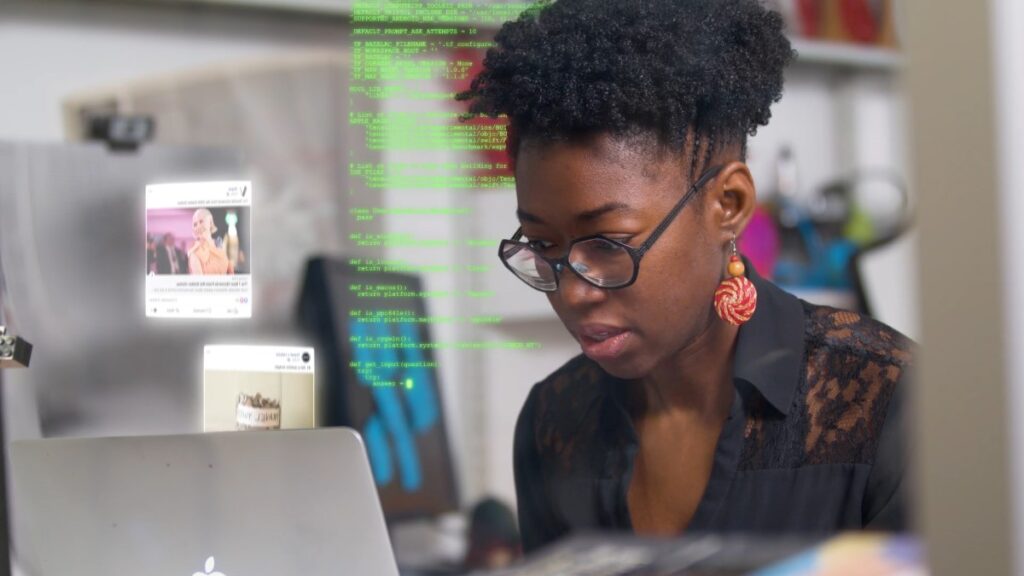
Buolamwini is at the forefront of an emerging movement to validate and address the social impacts of AI technology, which she promotes through her nonprofit Algorithmic Justice League.
“When I started talking about this in 2016, it was a very foreign concept to a lot of people,” Buolamwini said of the fight against algorithmic bias. “Today, I go online and see news reports about biased AI systems. People are just now waking up to the fact that there is a problem. Of course, awareness is good, but then action needs to be taken. That’s the stage we’re at.”

Claire Delaunay has held technical leadership roles at many of Silicon Valley’s most iconic organizations, from SRI to Google, Uber to NVIDIA. She is also the co-founder and head of engineering at self-driving truck startup Otto.
During his tenure at NVIDIA, Delaunay focused on building tools and platforms to enable large-scale deployment of automated devices.
She said of the trade-offs between large companies and startups:“Some breakthroughs can only be achieved in large companies, and some breakthroughs can only be achieved in startups.Startups are very good at deconstructing things and making big leaps. Large companies are very good at consolidating their breakthroughs and building a strong technology foundation for future innovations.”

Rana el Kaliouby has been working on making AI more emotionally intelligent.She is considered a pioneer in the field of Emotion AI.
In 2009, she co-founded the startup Affectiva with MIT to develop machine learning systems that can understand human emotions. Today, the company's technology is used by 25% of the Fortune 500, including for media analysis, consumer behavior research, and automotive use cases. (We have also introduced Affectiva's technology and application cases many times, for details, please see"Is your girlfriend angry? Algorithms understand her better than straight men".)
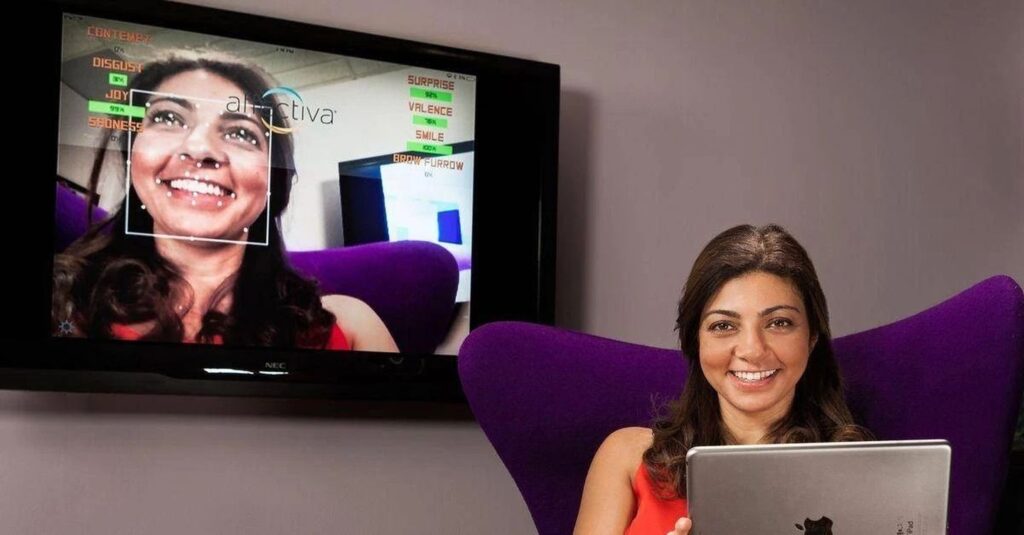
Kaliouby describes her big picture this way: “My life’s work is to humanize technology before it dehumanizes us.”

Daphne Koller’s extensive career illustrates the symbiotic relationship between academia and industry that is a hallmark of the field of artificial intelligence.
Koller has been a professor at Stanford University since 1995, focusing on machine learning. In 2012, she co-founded the education technology startup Coursera with Andrew Ng, a Stanford professor and head of the AI Lab. Today, Coursera is an education technology giant with an annual turnover of US$2.6 billion.

Koller’s most ambitious undertaking to date may be her latest company. She founded insitro in 2018, a company that applies machine learning to transform drug discovery and development. Just two years after its founding, Insitro has raised about $250 million from Andreessen Horowitz and others, and recently announced a major commercial partnership with Bristol Myers Squibb.
Koller gave the following advice to those who are just starting out in the field of AI:“Pick an AI application that’s really important and has real social value. Not all AI applications are like that. Then put in the hard work of really understanding the field.I was able to build insitro because I spent 20 years studying biology. If I were to recommend a field to young people right now, it would probably be energy and the environment.”

Few people have made such outstanding contributions to the world of AI in the 21st century as Fei-Fei Li.
She was born in Beijing in 1976, grew up in Sichuan, and moved to New Jersey, USA with her parents at the age of 16. As a young Princeton University professor,Fei-Fei Li proposed and led the ImageNet project in 2007, which contains a database of millions of labeled images. ImageNet has changed the development trajectory of the entire AI, which is obvious to all industry insiders.
The foresight behind ImageNet was that huge datasets, rather than specific algorithms, would be the key to unlocking the potential of AI. When AI godfather Geoffrey Hinton and team first demonstrated a neural network-based model trained on ImageNet in the 2012 ImageNet competition, the modern era of deep learning was born.
Fei-Fei Li later became a tenured professor at Stanford University, served as chief scientist of Google Cloud AI/ML, led the Stanford AI Lab, joined the Twitter board of directors, co-founded the famous non-profit organization AI4ALL, and founded the Stanford Human-Centered AI Institute (HAI).

In her many leadership roles, Fei-Fei Li has tirelessly advocated for a more inclusive, fair, and humane approach to AI.
Fei-Fei Li explained why diversity in AI is so important: “Our technology does not exist independently of human values. Technology also represents the values of the humans who design, develop, and apply it.So if we’re worried about killer robots, it’s the creators of the technology we should really be worried about.We want the creators of this technology to represent our values, our shared humanity.”

Anna Patterson has a distinguished track record of developing and deploying artificial intelligence products, both at large technology companies and startups.
Patterson first joined Google in 2004 as a longtime executive.As Google's vice president of engineering, she led its artificial intelligence efforts for many years.
In 2017, she founded Google's AI venture capital fund Gradient Ventures, which now mainly invests in early-stage AI startups.
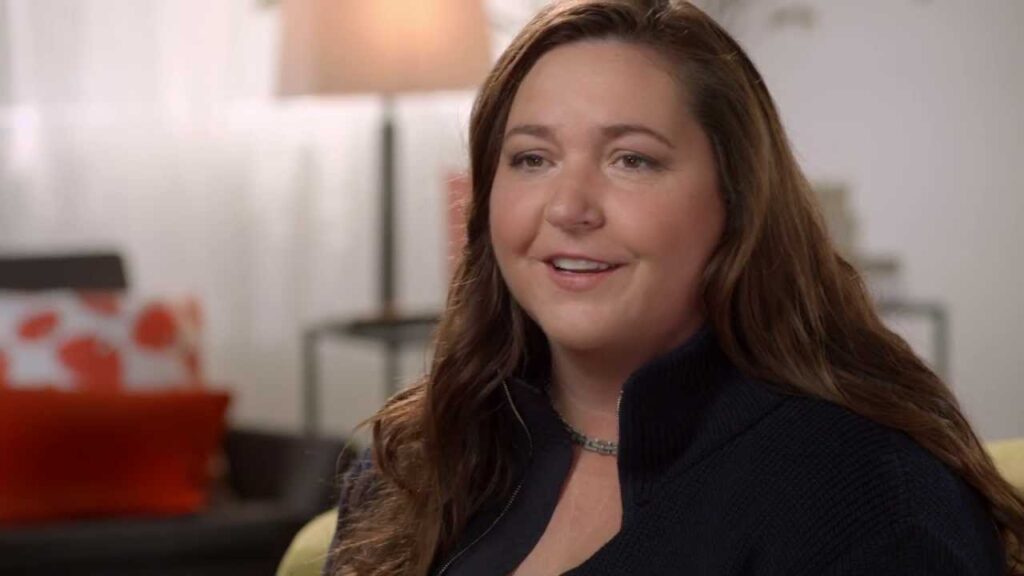
Patterson also serves on the boards of numerous promising AI startups, including Algorithmia, Labelbox, and test.ai. She also serves on the board of directors of publicly traded Square.
Before investing in any AI startup, she asks herself a question: “Have I been thinking about their vision and mission?”

Daniela Rus is one of the world's leading roboticists. She is a professor at the Massachusetts Institute of Technology (MIT) and the first female director of MIT's Computer Science and Artificial Intelligence Laboratory (CSAIL).
CSAIL is one of the largest and most prestigious AI labs in the world, which also makes her part of a storied family: over the decades, past directors of CSAIL (and its predecessor labs) have included AI legends Marvin Minsky, JCR Licklider, and Rodney Brooks.
Rus’s pioneering research has led to recent advances in networked collaborative robots (robots that can work together and communicate with each other), self-reconfiguring robots (robots that can autonomously change their structure to adapt to their environment), and soft robots (robots without a rigid body).
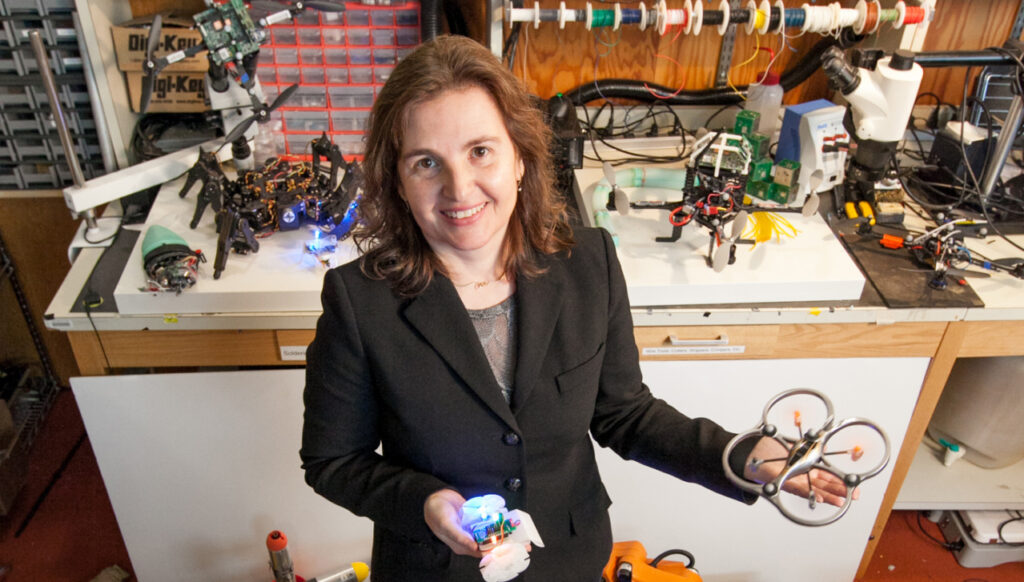
Rus touched on a common misconception about AI: “People have to understand that AI is just a tool. Like any tool, it’s not inherently good or bad. It’s all about what we decide to do with it. I believe we can do very positive things with AI, but it doesn’t seem inevitable.”

Shivon Zilis has served on the leadership teams of several cutting-edge AI companies: OpenAI, Neuralink, Tesla, and Bloomberg Beta.
She is the youngest board member at OpenAI, and at Neuralink (the brain-computer interface company founded by Elon Musk), Zilis is responsible for high-priority strategic initiatives in the CEO's office.

Zilis said of her attitude toward new technology development: “I’m surprised how often the concept of ‘building a moat’ comes up these days.If you believe that the technology you are building is good for the world, shouldn’t you focus on expanding your tech tree as fast as possible? Why slow down and spread your resources around, hindering the progress of others?”
As eight representative figures in the field of AI, they let the world see that women are contributing an indispensable force to the field of artificial intelligence.
Today, women's power is awakening. More and more AI summits and forums, both at home and abroad, have begun to set up "women's special topics" to call on people to pay attention to female developers and researchers.
Scientific research is not gender-specific, and gender diversity will also help eliminate bias in technology. Although there are still more men than women working in the AI field, I believe that this ratio will eventually be balanced.
Sources:
https://www.forbes.com/sites/robtoews/2020/12/13/8-leading-women-in-the-field-of-ai/?sh=308181b5c97e
